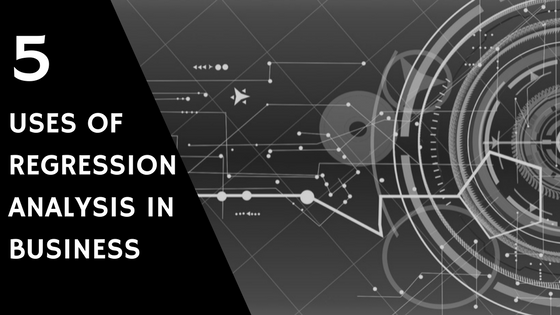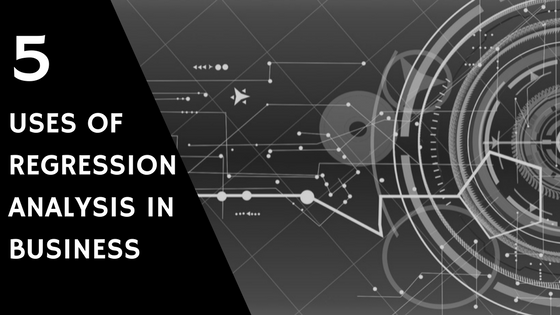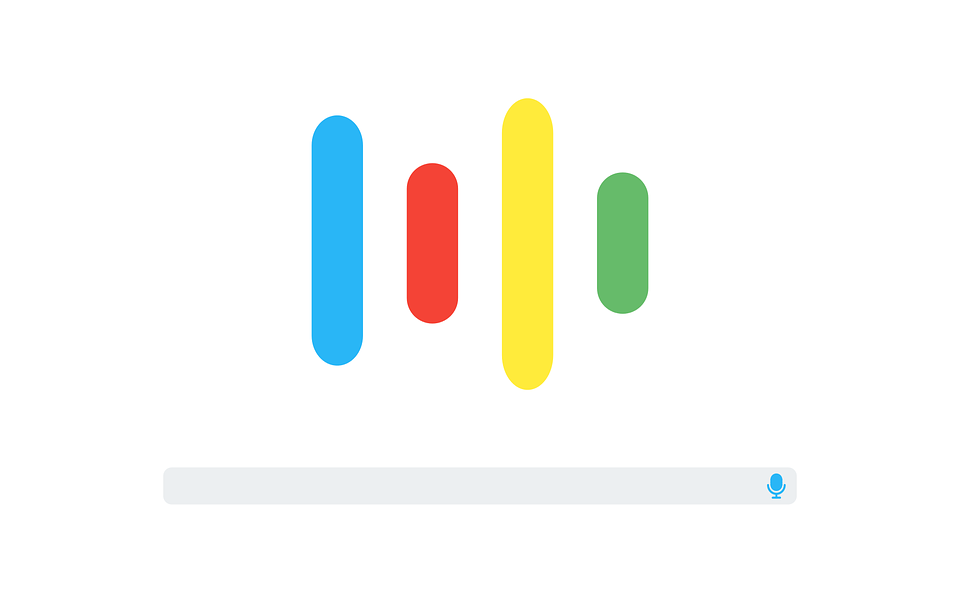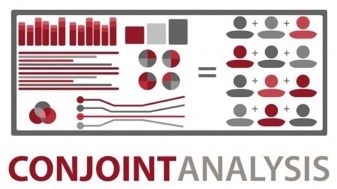
What is Regression Analysis?
Regression analysis is a statistical technique used to find the relations between two or more variables. In regression analysis one variable is independent and its impact on the other dependent variables is measured. When there is only one dependent and independent variable we call is simple regression. On the other hand, when there are many independent variables influencing one dependent variable we call it multiple regression.
Let’s understand it with a simple example. Suppose you have a lemonade business. A simple linear regression could mean you finding a relationship between the revenue and temperature, with revenue as the dependent variable. In case of multiple variable regression, you can find the relationship between temperature, pricing and number of workers to the revenue. Thus, regression analysis can analyze the impact of varied factors on business sales and profits. Here some applications of regression analysis in business:
Read More: 5 Practical Uses of Big Data in Business
Interested in Big Data analytics? Catch the latest updates, trends and developments with our eBook:
5 Uses of Regression Analysis in Business:

1. Predictive Analytics:
Predictive analytics i.e. forecasting future opportunities and risks is the most prominent application of regression analysis in business. Demand analysis, for instance, predicts the number of items which a consumer will probably purchase. However, demand is not the only dependent variable when it comes to business. Regression analysis can go far beyond forecasting impact on direct revenue. For example, we can forecast the number of shoppers who will pass in front of a particular billboard and use that data to estimate the maximum to bid for an advertisement. Insurance companies heavily rely on regression analysis to estimate the credit standing of policyholders and a possible number of claims in a given time period.
Read More: 8 Ways to Leverage Predictive Analytics for Business
2. Operation Efficiency:
Regression models can also be used to optimize business processes. A factory manager, for example, can create a statistical model to understand the impact of oven temperature on the shelf life of the cookies baked in those ovens. In a call center, we can analyze the relationship between wait times of callers and number of complaints. Data-driven decision making eliminates guesswork, hypothesis and corporate politics from decision making. This improves the business performance by highlighting the areas that have the maximum impact on the operational efficiency and revenues.
3. Supporting Decisions:
Businesses today are overloaded with data on finances, operations and customer purchases. Increasingly, executives are now leaning on data analytics to make informed business decisions thus eliminating the intuition and gut feel. Regression analysis can bring a scientific angle to the management of any businesses. By reducing the tremendous amount of raw data into actionable information, regression analysis leads the way to smarter and more accurate decisions. This does not mean that regression analysis is an end to managers creative thinking. This technique acts as a perfect tool to test a hypothesis before diving into execution.
4. Correcting Errors:
Regression is not only great for lending empirical support to management decisions but also for identifying errors in judgment. For example, a retail store manager may believe that extending shopping hours will greatly increase sales. Regression analysis, however, may indicate that the increase in revenue might not be sufficient to support the rise in operating expenses due to longer working hours (such as additional employee labor charges). Hence, regression analysis can provide quantitative support for decisions and prevent mistakes due to manager's intuitions.
5. New Insights:
Over time businesses have gathered a large volume of unorganized data that has the potential to yield valuable insights. However, this data is useless without proper analysis. Regression analysis techniques can find a relationship between different variables by uncovering patterns that were previously unnoticed. For example, analysis of data from point of sales systems and purchase accounts may highlight market patterns like increase in demand on certain days of the week or at certain times of the year. You can maintain optimal stock and personnel before a spike in demand arises by acknowledging these insights.
Read More: How to Leverage Business Intelligence the Right Way?
At NewGenApps, we specialize in making sense out of data. We have a wonderful team of experienced professionals skilled in technologies like Big Data, cloud computing, AI, ML etc. If you are looking for a company to help you leverage these new age technologies then feel free to contact us.

What is Intent analysis and how can it be used?
A lot of people do not know the term Intent Analysis but I’m sure that they must have heard about it. This term is really important for a business...

What is Conjoint Analysis and when to use it
Nowadays, every business needs to appraise their products and services and decide how consumers will recognize them in order to become successful and...



